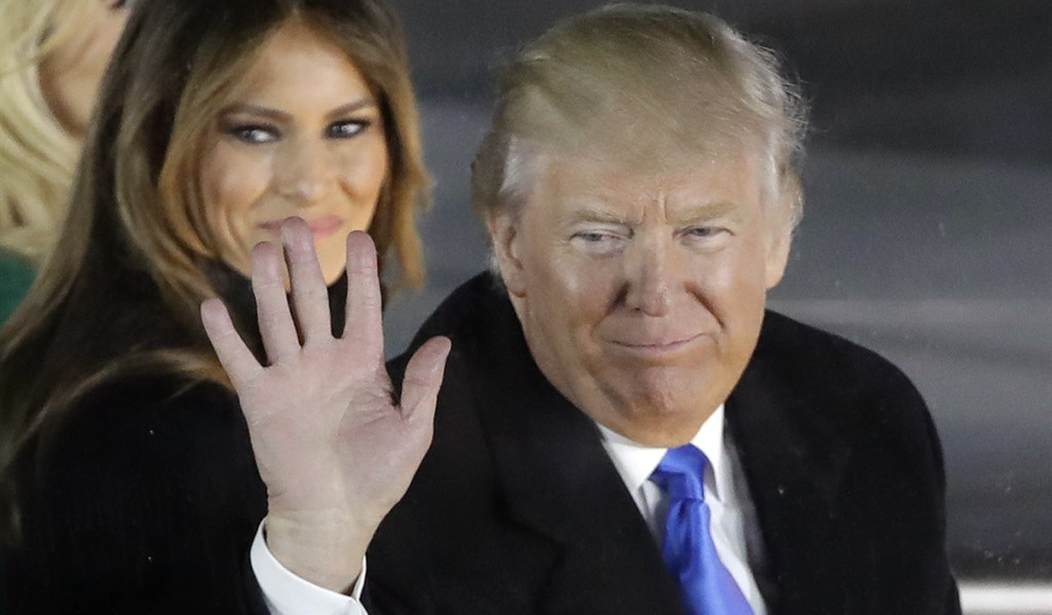President Donald Trump has bashed drug makers’ high prices on numerous occasions. During his campaign, he championed the idea of having the government directly negotiate the price of drugs Medicare purchases for seniors. Trump seemingly abandoned the proposal later in his campaign only to resurrect it again mid-January. Many Democrats also believe the government could secure a lower price for the drugs Medicare reimburses on seniors’ behalf. However, Republicans have long opposed the idea of government meddling in private markets and codified a non-interference clause in the Medicare Modernization Act of 2003.
Here’s the kicker: the prices paid for Medicare drugs are negotiated. Drug prices are negotiated by the large pharmaceutical benefit managers (PBMs) that administer Medicare’s Part D drug plans. About a dozen large PBMs dominate the market -- include Express Scripts, CVS Caremark, Argus, Optum and Cigna. These are the same companies that manage drug benefits for employers, insurers and many state Medicaid programs.
PBMs use a variety of techniques to control costs for their clients and enrollees. They also negotiate with pharmacies and assemble preferred pharmacy networks. Large PBMs negotiate drug prices across all their book of business -- not just individually for each plan. With multiple clients, large national PBMs possess far more bargaining power than individual firms.
But couldn’t the government do a better job because it’s so big? Not likely. As renowned health economist Alain Enthoven explained in the Wall Street Journal over a decade ago, there are many reasons to doubt whether the government could get a better deal than private drug plans. He explained how market power (i.e., volume purchases) is not the same as bargaining power. During the negotiation process between plans and drug makers, each side’s relative bargaining power generally determines the deal that is struck. Just because the government is big, with considerable market power, does not necessarily translate into lower prices unless there are competing drugs. Drug makers with drug patent monopolies do not have to accept the government’s lowball offers; there may be no comparable therapeutic substitutes. At that point the only course of action a potential buyer can take is to walk away from a deal and refuse to include the drug it its formulary.
Recommended
Because large PBMs are private entities, they have more leeway to develop formularies and exclude some high-priced drugs when the drug makers’ bids are not favorable. The VA Health System does this and gets some of the lowest prices of any government payer. Its formulary is also rather limited compared to the range of drugs Medicare Part D plans include. The Medicare agency would have a harder time avoiding a political backlash. Risk-averse government negotiators would undoubtedly back down in the face of drug company lobbyists and their public relations campaigns. This has happened to Medicare time and time again. The Center for Medicare and Medicaid Services’ recent proposal to slightly change the way Medicare Part B drugs are reimbursed in doctors’ offices and hospitals is an example where the industry turned out in force to prevent a change.
Moreover, if the government were to consolidate the purchasing of Medicare drugs to one governmental entity, variations in drug prices would likely narrow, but would likely settle higher than some of the previous discounts. Any deep discount obtained by Medicare would likely be offset by higher prices for employee health plans. For example, Congress mandating that Medicare get a fixed discount off average wholesale price (AWP) would virtually guarantee all other buyers’ drug prices would rise.
When drug plans create pharmacy networks they negotiate for the lowest possible prices. Negotiated discounts are the result of bargaining power -- the ability of the drug plan to deny business to a drug maker if their bid isn’t favorable. This is something Medicare has a hard time doing politically. Medicare cannot threaten to exclude one hospital from its network to negotiate a price concession. Neither can Medicare require providers to match the lowest price bid by competing firms. If President Trump and Members of Congress want to rein-in drug prices for Medicare, the best way is to make it easier to bring new drugs -- and competing generics -- to market.
Devon M. Herrick is a health economist and senior fellow with the National Center for Policy Analysis.

























Join the conversation as a VIP Member